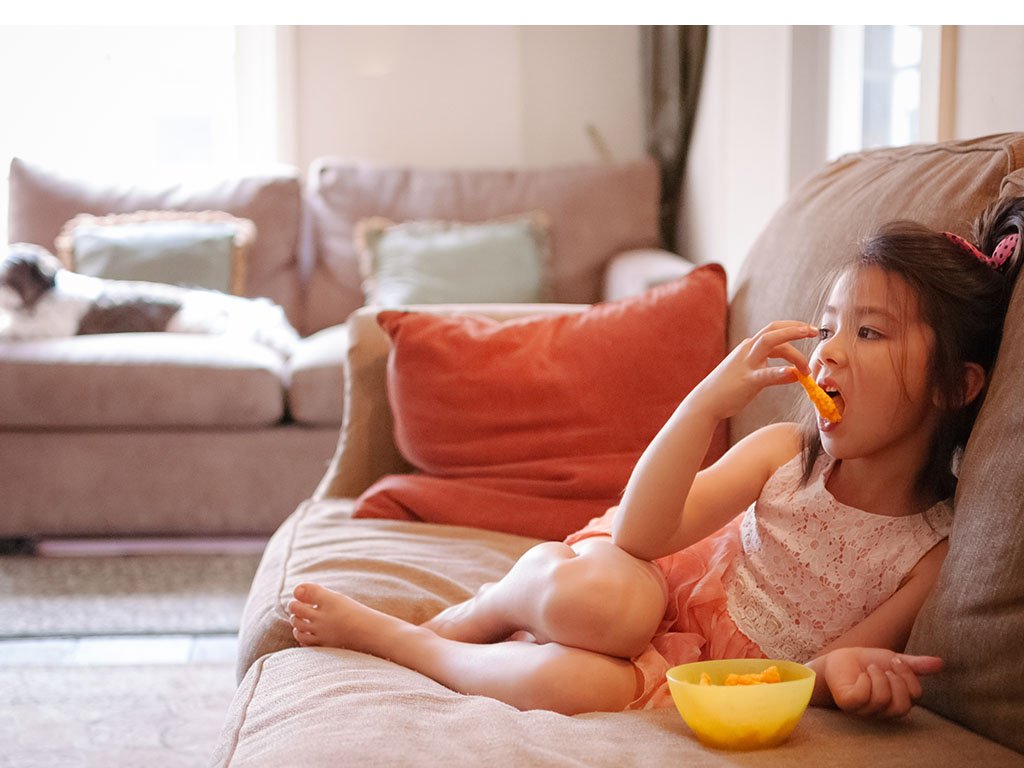7 ways to prepare your child for this milestone.
Photo credit: GETTY IMAGES
You dream about your keiki’s first words, first steps and first day of school – but the daythey are allowed to be home alone for the first time can sneak up on you. This transition may be tricky for both parents and keiki, but it’s also a rite of passage that can enhance confidence and independence.
How do you know when it’s appropriate for your kids to be home by themselves? What if you just need to make a quick trip to Foodland or Times Supermarket? There’s no single right answer. Some parents feel that 10 to 12 years old would be an appropriate age; others may feel ready earlier, or later. Unlike some states, Hawaiʻi has no “home alone” law specifying a minimum age.
A lot will depend on the individual child. If they’ve been responsible in the past, can reliably remember and follow basic rules (such as locking the door) and can respond appropriately to emergencies—even if it’s just to call the right person—then that’s a good sign that they may be ready. You also may want to ask your child if they feel comfortable being left alone as another indicator of readiness.
Remember, too, that this is a big decision. After school is prime time for unsupervised children to get into trouble. No matter what neighborhood you live in, from Waiʻanae to Hawaiʻi Kai, it’s important to think about the possible consequences of pressure from peers or even adults, whether in person or online.
We always encourage enrollment in afterschool care centers or teen programs whenever possible. But if that is not an option, then ask yourself whether you feel your child is ready to handle whatever he or she will encounter with little or no supervision.
Last question: Do you know your surrounding community? If there are trusted people nearby—aunties, uncles or neighbors—that your child can call on anytime, that’s a huge plus. If your family doesn’t already belong to a network of compassionate adults who consider everyone’s children their kuleana, then start building one! More and more parents are working full-time, especially in Hawaii—but it takes a village to raise a happy, healthy and independent child.
If you’ve decided your child is ready, here are seven tips to help you through this critical step.
-
- Prepare your keiki. Write down phone numbers to call. Teach them how to use 911, and role play emergency situations.
- Establish the rules. Make sure they know what they are and aren’t allowed to do while home alone. Can they use the stove or microwave? Have friends over? Can they go out? If so, how far?
- Start small. The first trial run should be a short errand, such as a trip to the bank.
- Debrief. For the first few times, make sure to talk with your child about what happened, how they felt and how they handled it.
- Stay accessible. Always make sure you or another responsible adult are reachable by phone or in person.
- Monitor and discuss online activity. Keep an open dialogue with your kids about social media and other potential online risks.
- Know the signs. In case of emergency, have a code word to signal that you need to get in touch with them right away.
April is National Child Abuse Prevention Month. This month and throughout the year, we recognize the important role that each of us play in protecting our keiki. Together, we can ensure brighter futures for all families in Hawaiʻi.
Cheryl Johnson is the program director for community teen programs at Parents And Children Together, a Hawaiʻi nonprofit providing social services and early childhood education to nurture the relationships that matter most for children and families.
Parents And Children Together is partnering with HONOLULU Family in a series of articles on creating safe and promising futures for Hawaii’s children and families.


